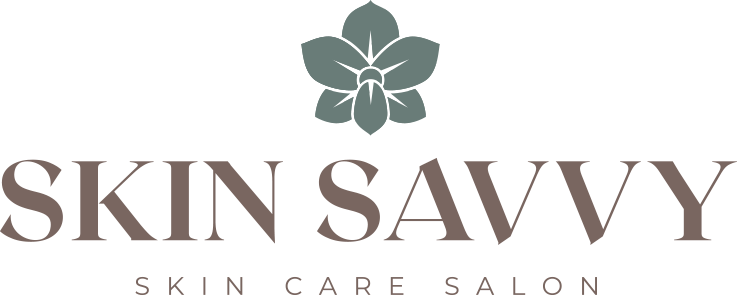The truth about ingredient scanning apps: Why you can't trust them.
Ingredient scanning apps have soared in popularity, all promising an easy way to identify what's "safe," "clean," or "toxic" in skincare products. But are these apps truly helpful? Or are they misleading consumers more than educating them? Here’s my take on why ingredient scanning apps aren't a reliable way to determine product safety:
Fear-Based and Oversimplified Ratings:
Many ingredient scanning apps base their ratings on animal studies, not human dermatological research. This means a product could receive a negative "toxic" rating despite being perfectly safe for human use. These apps also often flag ingredients without considering their regulated, safe concentrations, ignoring the crucial fact that the dose makes the difference. In other words, just because an ingredient can be harmful in large quantities doesn't mean it poses a risk in regulated, cosmetic amounts.
Pay-to-Play Influence:
Some apps allow brands to pay for better scores, calling into question the integrity of their ratings. If an app is financially motivated to rank certain products higher, it’s important to ask who actually benefits—the consumer or the app developers and paying brands?
The Myth of "Toxic" Ingredients:
Contrary to what these apps suggest, your skin acts as a barrier, not a sponge. Skincare products do not easily penetrate into your bloodstream in the manner some apps imply. Furthermore, synthetic ingredients aren't inherently dangerous, nor are natural ones automatically safe. In fact, many natural, plant-based compounds are more likely to cause irritation than lab-synthesized ingredients specifically formulated for skin safety.
Misleading "Clean" and "Toxic-Free" Claims:
The beauty industry often markets products with labels like "clean," "non-toxic," or "chemical-free," none of which have a regulatory or scientific definition. Everything, including water, vitamins and plant extracts, is a chemical. Cosmetic products are regulated specifically to ensure their safety, making the implication that other products contain toxins not only misleading but also scientifically inaccurate.
What Actually Matters in Skincare:
Rather than relying on apps with fear-based grading systems, it’s more important to focus on ingredients verified by regulated safety standards backed by human-based scientific research.
pIt’s also important to focus on proper formulation, ingredient concentration and product stability (even safe ingredients like water can cause harm if misused).
Personal skin reaction also matters. Each person's skin can respond differently to products.
In conclusion, ingredient scanning apps may seem convenient, but their fear-based, oversimplified ratings and financial incentives mean they often do more harm than good. For accurate, science-based skincare guidance, turn to trusted scientific sources rather than relying solely on these apps.
